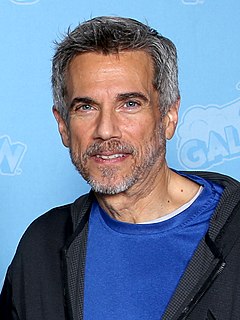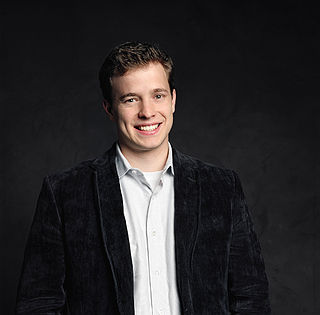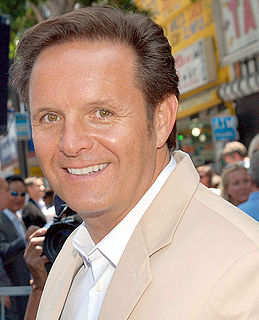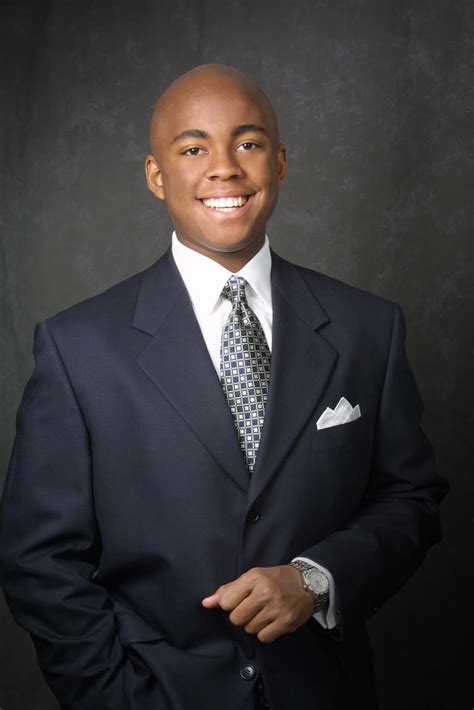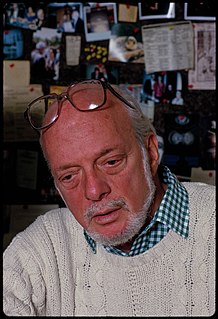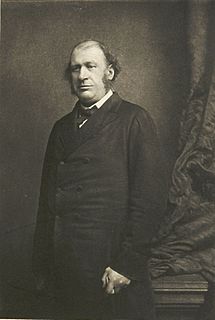A Quote by Alex Haley
I travel a lot. It used to be, when I would go to any country, I could guarantee that the first question would establish my name, and the fact that I've written Roots, and the third question, at least no later than the fourth question would not be a question, so much as a statement, something like, "We understand that in America white people do such and such bad things to black people."
Related Quotes
I would rather people not smoke. I certainly appreciate the fact that smoking is not legal in restaurants and bars. That used to stop me from going out at night because you'd go someplace and your clothes would reek and you wouldn't enjoy the experience and that affects your rights. It's always a question. Whenever you are talking about these issues, it's not a question of restricting rights. It's a question of restricting whose rights, and providing for whose rights and that's a tricky balance.
My family was, I think, a bit more radical than most Mormons, especially on the question of gender. So in my mind, growing up, there wasn't ever any question of what my future would look like. I would get married when I was 17 or 18. And I would be given some corner of the farm, and my husband would put a house on it, and we would have kids.
Early withdrawal from Iraq would result in unarguably, defeat and humiliation for the United States. There's no question. We would be defeated by definition. We would be humiliated in that defeat. I don't think there's any other way to argue it. Whether it's a good thing or a bad thing is a separate question.
The question of why evil exists is not a theological question, for it assumes that it is possible to go behind the existence forced upon us as sinners. If we could answer it then we would not be sinners. We could make something else responsible...The theological question does not arise about the origin of evil but about the real overcoming of evil on the Cross; it ask for the forgiveness of guilt, for the reconciliation of the fallen world
The various languages placed side by side show that with words it is never a question of truth, never a question of adequate expression; otherwise, there would not be so many languages. The 'thing in itself' (which is precisely what the pure truth, apart from any of its consequences, would be) is likewise something quite incomprehensible to the creator of language and something not in the least worth striving for.
To me this question whether liberty is a good or a bad thing appears as irrational as the question whether fire is a good or a bad thing. It is both good and bad according to time, place, and circumstance, and a complete answer to the question, In what cases is liberty good and in what cases is it bad? would involve not merely a universal history of mankind, but a complete solution of the problems which such a history would offer.
And one day we must ask the question, "Why are there forty million poor people in America?" And when you begin to ask that question, you are raising questions about the economic system, about a broader distribution of wealth. When you ask that question, you begin to question the capitalistic economy.

